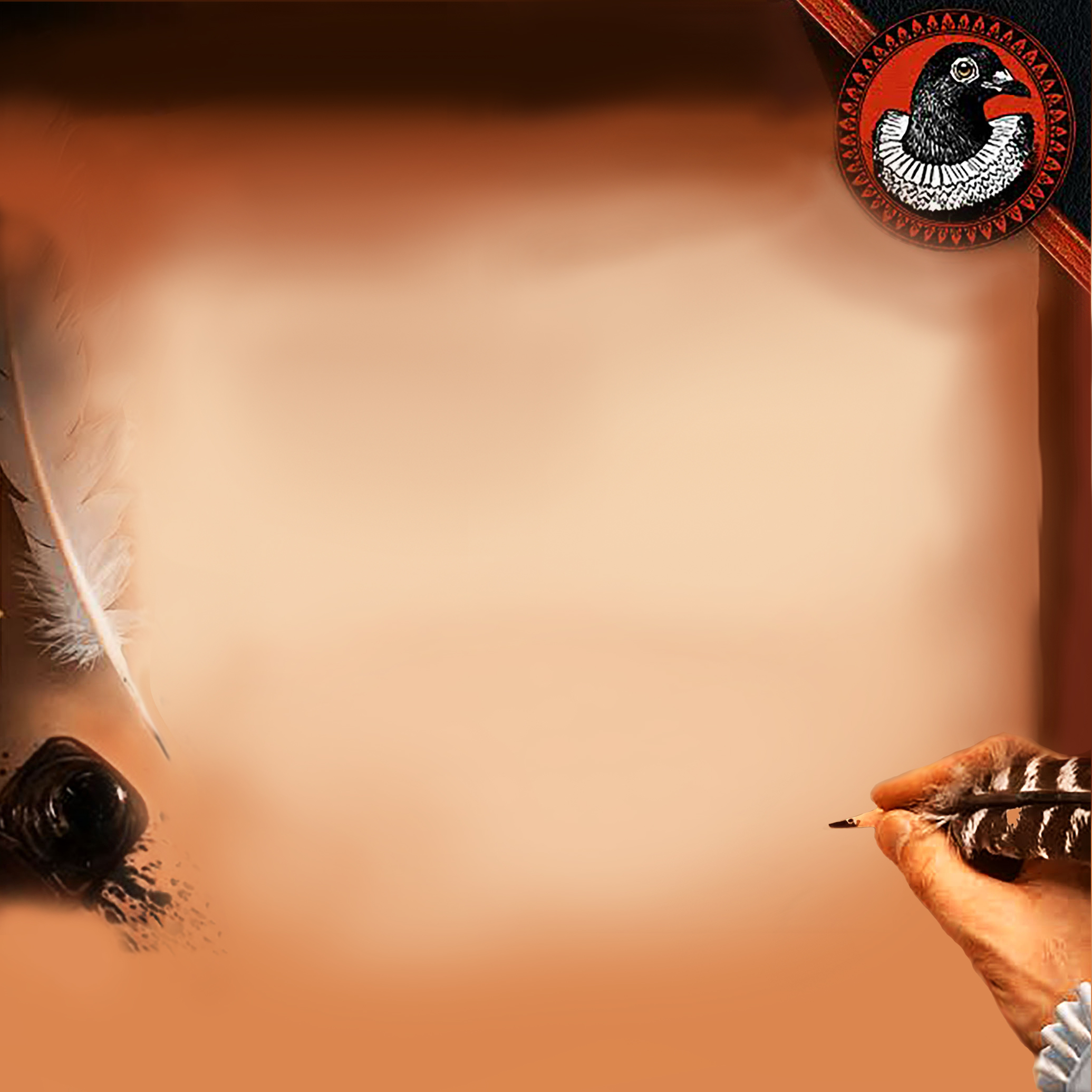Anyone who writes about more than fashion and food will find themselves looking over their shoulder to catch a glimpse of the thought police, that invisible nimbus of modern-day enforcers of approved ideas. Cancel culture has claimed many scalps in the last few years, but its true intended victims are the rest of us – the far larger number of speakers who realize they may be next, and who curb their speech, and even their thought, in the direction the enforcers desire.
Surely Shakespeare can’t have much to say about this? Think again. Enforced thought control and the punishment of dissent is a big part of Julius Caesar. Marullus and Flavius, two minor characters who show up at the start of the play, aren’t having any part of it. They don’t care that the Roman mob, recognizing that the Roman legions – the enforcers of the day – have shifted their allegiance to Julius Caesar, have themselves shifted as well. This, even though just a short time earlier they were shouting their loyalty and approval for Pompey the Great:
Flavius: “But wherefore art not in thy shop today?
Why dost thou lead these men about the streets?”
Commoner: “…indeed, sir, we make holiday,
to see Caesar and to rejoice in his triumph.”
This is quite enough to set Marullus off. He was a partisan of Pompey the Great, the Roman general who brought great glory to Rome, but who was just recently defeated together with his two sons, by Julius Caesar, ending a bloody civil war. Many Romans had been partisans of Pompey until quite recently:
Marullus: “Wherefore rejoice? What conquest brings he home?
What tributaries follow him to Rome,
To grace in captive bonds his chariot-wheels?
You blocks, you stones, you worse than senseless things!
O you hard hearts, you cruel men of Rome,
Knew you not Pompey? Many a time and oft
Have you climb’d up to walls and battlements,
To towers and windows, yea, to chimney-tops,
Your infants in your arms, and there have sat
The livelong day, with patient expectation,
To see great Pompey pass the streets of Rome:
And when you saw his chariot but appear,
Have you not made an universal shout,
That Tiber trembled underneath her banks,
To hear the replication of your sounds
Made in her concave shores?
You can’t find a better illustration of the moment in George Orwell’s 1984, when Oceana changes its named foreign enemy from Eurasia to Eastasia, and the people, without skipping a beat, immediately signal their allegiance to this fabricated truth. (“The past never had been altered. Oceania was at war with Eastasia. Oceania had always been at war with Eastasia.”)
Are we any different? When the democrats are in office, we are expected to hate and fear Russia, and when the republicans are in office, we are expected to hate and fear China (even if that latter option is well-founded). But let’s get back to Marullus, because he is on a roll:
Marullus: “And do you now put on your best attire?
And do you now cull out a holiday?
And do you now strew flowers in his way
That comes in triumph over Pompey’s blood? Be gone!
Run to your houses, fall upon your knees,
Pray to the gods to intermit the plague
That needs must light on this ingratitude.”
Nothing seems to be stifling Marullus’ speech; even with Julius Caesar ascendant, he upbraids the crowd for its ingratitude and its short memory. Flavius joins in.
Flavius: “Go, go, good countrymen, and, for this fault,
Assemble all the poor men of your sort;
Draw them to Tiber banks, and weep your tears
Into the channel, till the lowest stream
Do kiss the most exalted shores of all.”
[Exeunt all the Commoners]
Our two fearless dissidents comment on the crowd’s embarrassment:
Flavius: “See whether their basest metal be not moved;
They vanish tongue-tied in their guiltiness.
Go you down that way towards the Capitol;
This way will I disrobe the images,
If you do find them deck’d with ceremonies…let no images
Be hung with Caesar’s trophies. I’ll about,
And drive away the vulgar from the streets:
So do you too, where you perceive them thick.
These growing feathers pluck’d from Caesar’s wing
Will make him fly an ordinary pitch,
Who else would soar above the view of men
And keep us all in servile fearfulness.”
It’s only a few scenes later that Brutus and Cassius interrogate Casca about what happened during an appearance by Julius Caesar before a far larger Roman crowd. Here’s what Casca tells them:
Casca: “I could tell you more
news too: Marullus and Flavius, for pulling scarfs
off Caesar’s images, are put to silence. Fare you
well. There was more foolery yet, if I could
remember it.”
Put to silence. That used to mean torture, tongue removal, or at least something like banishment. Today, it simply means that a major search firm (dare I say the name?) flips a switch.
This season’s blog posts reflect the discouraging events now occurring in our public life. But I hope that, especially in times like these, the classics, and Shakespeare chief among them, can keep us connected to the highest and best in Western culture, even as we navigate the remnants of our fallen republic, and gather the strength to reclaim it.
P.S. I wanted to let you all know that my recasting of Hamlet as the 2020 election is now up for sale as an e-book and paperback through this link.
‘Hamlet’s 2020 Vision; A recasting of Hamlet as the tragedy of the 2020 election,’ reimagines Hamlet as the 2020 election by substituting the main players on our national stage for the play’s original cast of characters. I think the result is highly entertaining, but it also provides surprising insights into our current predicament, and it gives readers a chance to enjoy Shakespeare’s great tragedy from an entirely new angle.
